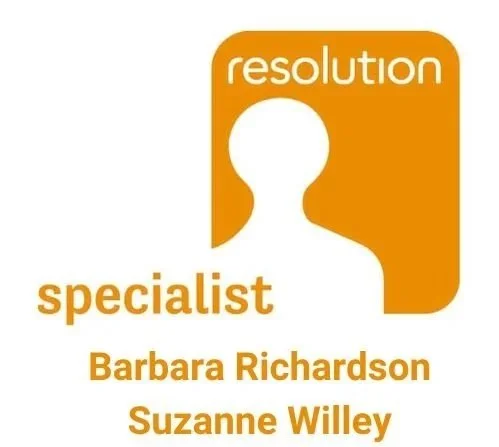Planning for your family’s future once you’ve gone can feel daunting. For those of you with a disabled child or grandchild, or other vulnerable loved one, this feeling may be amplified, not least because leaving a substantial inheritance could create all sorts of practical problems.
In particular, a loved one may not have the mental capacity to manage their own finances or live independently. You may also have concerns, regardless of their age, of exposing a loved one to a risk of exploitation — after all, a sizeable legacy could put them in an even more vulnerable position when it comes to opportunists. Equally, being bequeathed money or assets could impact their eligibility for means-tested benefits, leaving a loved one no better off.
By including a Trust in your Will, you can make financial provision for a disabled relative when you’re no longer around, safe in the knowledge that the money will be managed by Trustees for the benefit of that individual during their lifetime. In this way, your loved one will not be forced to look after their own finances, or be exposed to any risk of exploitation from unscrupulous characters, and nor will any inheritance affect their benefits.
What is a Will Trust?
A Will Trust is a legal arrangement, contained within a Last Will and Testament, that places any legacy left to a loved one in the hands of appointed Trustees. Upon your death, the Trustees will be tasked with managing that inheritance on behalf of the beneficiary, for example, by ensuring that your loved ones’ care needs are adequately met.
You can choose who to appoint as Trustees, including family members or even professionals. You can also leave a Letter of Wishes, setting out your preferences on how the Trust assets should be used, helping to guide the Trustees' decisions once the Will Trust comes into effect.
What are the risks of not having a Will Trust?
For some of us, the idea of putting in place a formal trust arrangement to financially protect a vulnerable loved one may seem wholly unnecessary, especially where there are, for example, siblings of a disabled child or grandchild that can be entrusted with their legacy. However, this is a risky strategy, even if you implicitly trust a surviving relative to honour your dying wishes. This is because an outright gift to another family member means that this legally belongs to them, where unforeseen circumstances may arise, such as debts, divorce or death.
For instance, if you have two adult daughters — one with a mental disability and one without — you may choose to leave your entire estate to the mentally able daughter, provided they promise to use half of that inheritance to financially support their sister. However, if the daughter without the disability accumulates debts or gets divorced, this will expose everything she owns, including the money intended for your disabled daughter, to creditors and divorce proceedings. If that daughter then dies a few years later, her estate may be distributed equally between her children, leaving your disabled daughter with nothing.
Why is a Will Trust beneficial?
A Will Trust offers a number of benefits for the parents or grandparents of disabled children, or those otherwise looking to make provision for a vulnerable loved one, including:
• the beneficiary will be able to benefit from the assets at the Trustees' discretion, without having to personally manage their own finances
• the beneficiary won’t own the assets contained within the Trust, so they cannot be coerced into using the money for other purposes and it won’t affect their means-tested benefits
• the Trust assets aren’t owned by anyone else in a personal capacity, so cannot form part of a person’s estate for the purposes of debt, divorce or death.
A Will Trust can be used to effectively ring-fence the inheritance earmarked for a vulnerable loved one. However, specialist advice advice should always be sought, ensuring that any trust mechanism contained within your Will is tailored to your family’s needs after you’re gone.
Legal disclaimer
The matters contained herein are intended to be for general information purposes only. This blog does not constitute legal advice, nor is it a complete or authoritative statement of the law in England and Wales and should not be treated as such. Whilst every effort is made to ensure that the information is correct, no warranty, express or implied, is given as to its’ accuracy, and no liability is accepted for any error or omission. Before acting on any of the information contained herein, expert legal advice should always be sought.










